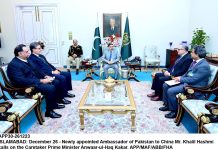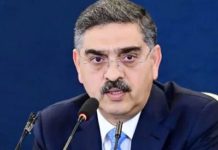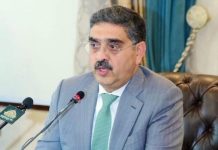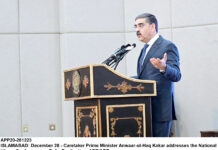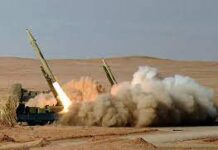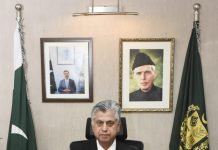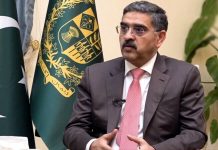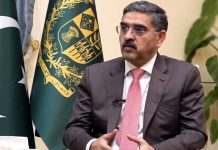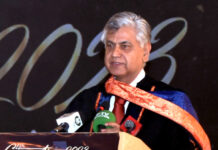Former Federal Minister Dr. Attiya Inayatullah said that during the last two decades, there was unconscionable damage to economy and to achieve the economic stability, Pakistan Tehreek e Insaf needs to evolve consensus on the economic narrative by engaging all political parties. She stated this during a special seminar titled “Post Cabinet Reshuffle Political Priorities”, organized by Sustainable Development Policy Institute (SDPI) on Monday at Islamabad.
Dr Attiya Inayatullah said that though the PTI government has made some progress on structural reforms, it lacks the economic team to deliver on its promises. She said the biggest challenge for the government is to satisfy the Financial Action Task Force (FATF) and getting out of its grey terror financing list.
Zahid Hussain, senior journalist, author and analyst said the removal of Asad Umar as finance minister out of cabinet reshuffling sent the wrong signals to the market and concerned quarters. He said such changes should not be abrupt and would not help the government even with the new Finance Minister Dr Abdul Hafeez Shaikh, as the government lacks a clear strategy, vision and direction. Such changes of faces only give rise to political uncertainty and instability which in turn would negatively impact the economic stability, he remarked.
He said that sole responsibility of failure to overcome the economic crisis cannot be put on Asad Umar alone, but on the captain of the team i.e. Prime Minister Imran Khan. Unless we do structural reforms in the economy, no IMF program would help us in the long term, he added. Achieving political stability and structural reforms and improved governance should be the top priorities of Pakistan Tehreek e Insaf (PTI) government, he urged. For that the incumbent government should evolve political consensus on national economic narrative and charter of economy, he added.
PTI government has made some progress on structural reforms but it lacks the economic team to deliver on their promises: Dr Attiya
Dr Abid Qaiyum Suleri, Executive Director, SDPI said though PTI government was successful in improving external trade imbalance in last six month, but failed to achieve the confidence of the people and market, which deteriorated over time. He said to control this damage the skipper (Prime Minister Imran Khan) applied the cricketing methodology by reshuffling the cabinet. He said Asad Umar removal was too early and his performance evaluation yardstick was not justifiable, as he did not presented the federal budget and yet to conclude the IMF program negotiations. The new Finance Minister, Dr Abdul Hafeez Shaikh would have to take almost similar measures like Asad Umar, as he has no other option left.
He said the major challenges for the new Finance Minister would be the negotiations of IMF program, the conclusion of FATF conditions and preparing and presenting the federal budget 2019-20. If the government wanted to achieve the macroeconomic stability and overcoming the economic crisis, it has to improve its relations with the opposition and Imran Khan also needs to control the dressing room politics, he recommended.
Imtiaz Gul, Executive Director, Center for Research and Security Studies (CRSS) said the exorbitant gas and electricity bills and price hike of medicines and petroleum products affect the public sentiments which played against the government competence and coherence. He said the current reshuffle in the cabinet would not bring any significant change, as status quo is continued with old faces. He said the institution like Federal Board of Revenue (FBR), Oil and Gas Regulator Authority (OGRA), Drug Regulatory Authority (DRAP) and NEPRA have been emerged as big cartels and making the entire country and the government hostage. There is a dire need of lasting reforms and changing the fundamentals of governance within institutions to achieve financial stability coupled with revolutionizing the tendering and procurement procedures, he stressed.
General (retired) Talat Masood, a former federal secretary and political commentator said that there is need to strengthen the democratic norms and values in our society, as not a single country flourishes without the democratic system.



